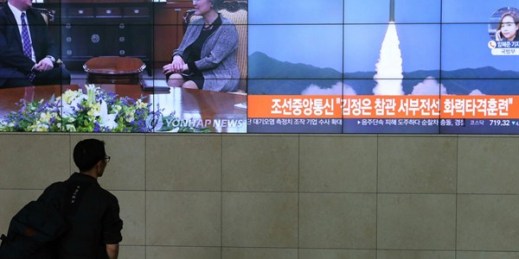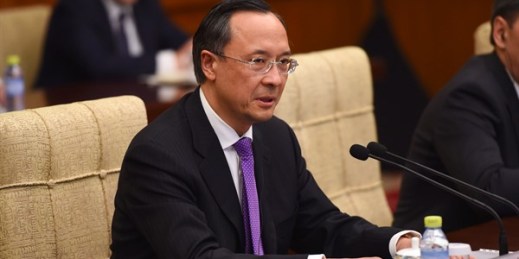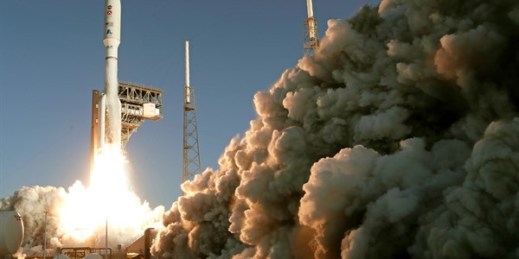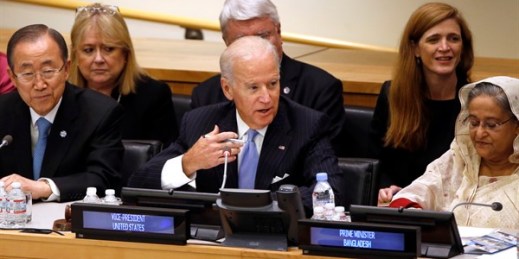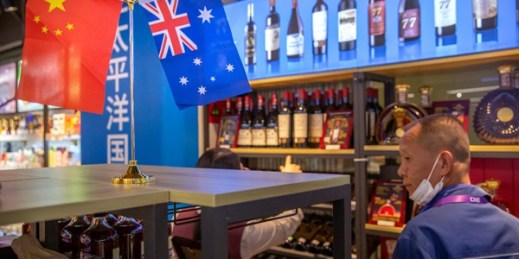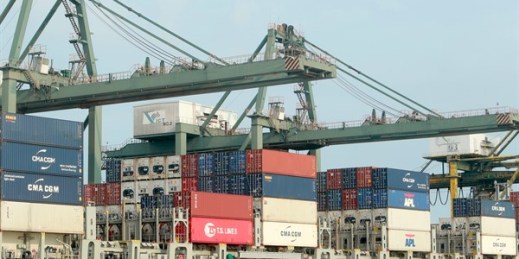
Capping eight years of tough, on-and-off negotiations, representatives from 15 countries across the Asia-Pacific gathered in a virtual meeting last month to sign a gargantuan new free trade agreement, the Regional Comprehensive Economic Partnership. Encompassing all 10 members of the Association of Southeast Asian Nations, along with Japan, China, South Korea, Australia and New Zealand, RCEP will cover around 30 percent of both the world’s population and GDP, making it the world’s largest trading bloc. While its trading rules and market access provisions are not as far-reaching as the other main multilateral agreement in the region, the Comprehensive and Progressive […]

